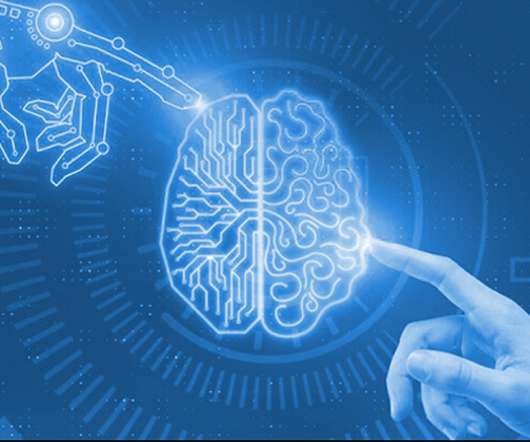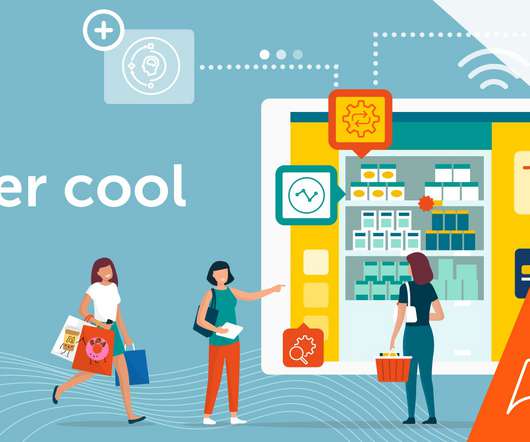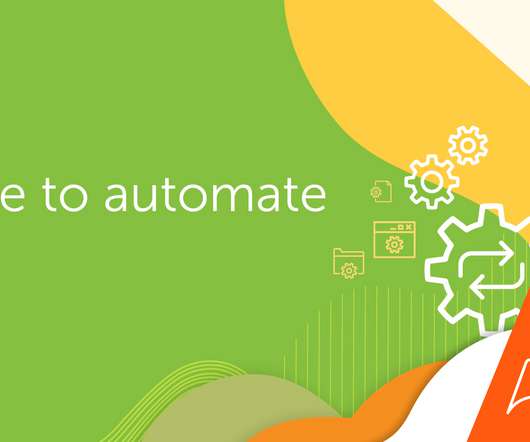RPA vs AI – Differences you need to know
Serigor Inc
OCTOBER 18, 2022
RPA or Robotic Process Automation is a technology or process that works by making a software bot copy human actions. What is robotic process automation? RPA is an automation process that works by mimicking or copying human actions concerning a particular task.




















Let's personalize your content